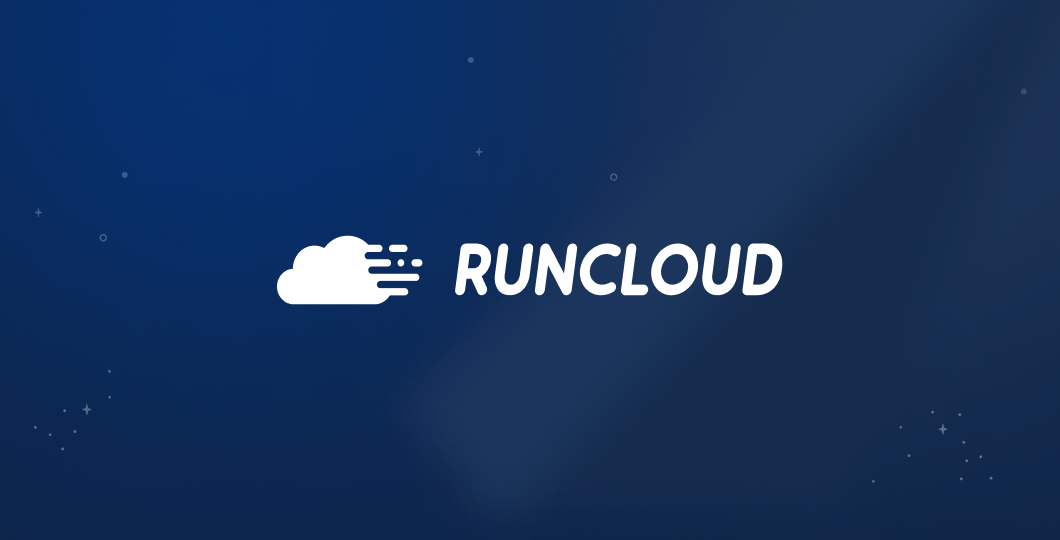Explore Blog

Oct 18, 2025
7 min read
How to Check Linux CPU Usage or Utilization (5 Ways)
Is your Linux server slowing down? CPU usage is often the reason. Monitoring CPU performance helps you spot issues early, prevent slowdowns, and optimize your server for smoother performance. This guide walks you through practical ways to check CPU usage in Linux – from essential commands like top and mpstat to visual monitoring with RunCloud. …

Sep 15, 2025
8 min read
How To Check Disk Space in Linux
Running out of disk space on a Linux server can slow your applications down. Databases stop writing, logs stop recording, and sometimes, you can’t even log in. That’s why knowing how to check disk space in Linux is a basic but critical skill for anyone managing servers. In this guide, we’ll show you the exact …

Sep 12, 2025
5 min read
How to Check OS Version in Linux via Command Line
Whether you’re running Ubuntu, Arch, Debian, or any other Linux distribution, knowing how to quickly and accurately identify your OS version can be the difference between smooth operations and compatibility nightmares. And knowing your Linux OS version precisely is essential when troubleshooting a software installation, planning a system upgrade, or ensuring security patch compatibility. This …

Sep 10, 2025
11 min read
How to Kill a Process in Linux From the Command Line
Are you tired of unresponsive programs, resource-hogging applications, or rogue processes slowing your Linux system down? While knowing how to kill a process on Linux from the command line is a fundamental skill for any Linux user, the story doesn’t end with a simple kill command. What if you can’t find the process ID (PID)? …

Jul 26, 2025
5 min read
How to Check Your Ubuntu Version (Using the Command Line and Gui)
Whether installing new software, following an online tutorial, or troubleshooting an issue, one of the first questions you’ll face is, “What version of Ubuntu are you running?” Your operating system details are necessary for managing your system’s health and functionality. The version number of your operating system determines which applications and Personal Package Archives (PPAs) …

Jun 27, 2025
6 min read
Server Cache vs. Browser Cache vs. Site Cache: What’s the Difference?
Slow websites lose visitors. If your store or site takes more than a couple of seconds to load, people leave – and they don’t come back. That’s where caching comes in. In this guide, we’ll break down the three main types of website caching: You’ll learn what each one does, how they work together, and …

Jun 12, 2025
9 min read
How to Fix WordPress High CPU Usage (10 Instant Solutions)
Is your WordPress site running slow, timing out, or crashing altogether? High CPU usage is often the cause. In this guide, you’ll learn how to identify what’s putting pressure on your server – and how to fix it. From bloated plugins to inefficient queries, we’ll cover 10 practical solutions that can quickly reduce CPU load …

Jun 07, 2025
8 min read
7 Best Control Panels for VPS Management (Free & Paid)
Using a VPS to host your websites provides both control and seamless scalability. However, many people find it difficult to work with command-line systems. Tasks like configuring web servers, database setups, installing SSL certificates, patching vulnerabilities, and updating software stacks suddenly become challenging. This is where the best VPS control panels become invaluable. These tools …

May 24, 2025
7 min read
LiteSpeed Cache WordPress Plugin Configuration Tutorial
LiteSpeed Cache is a caching plugin for WordPress that helps improve the performance of a website by storing frequently accessed data in a cache. This allows the website to load faster for visitors by reducing the amount of time it takes for the server to process and retrieve the necessary data. LiteSpeed Cache is built …
© 2026 RunCloud Sdn Bhd

